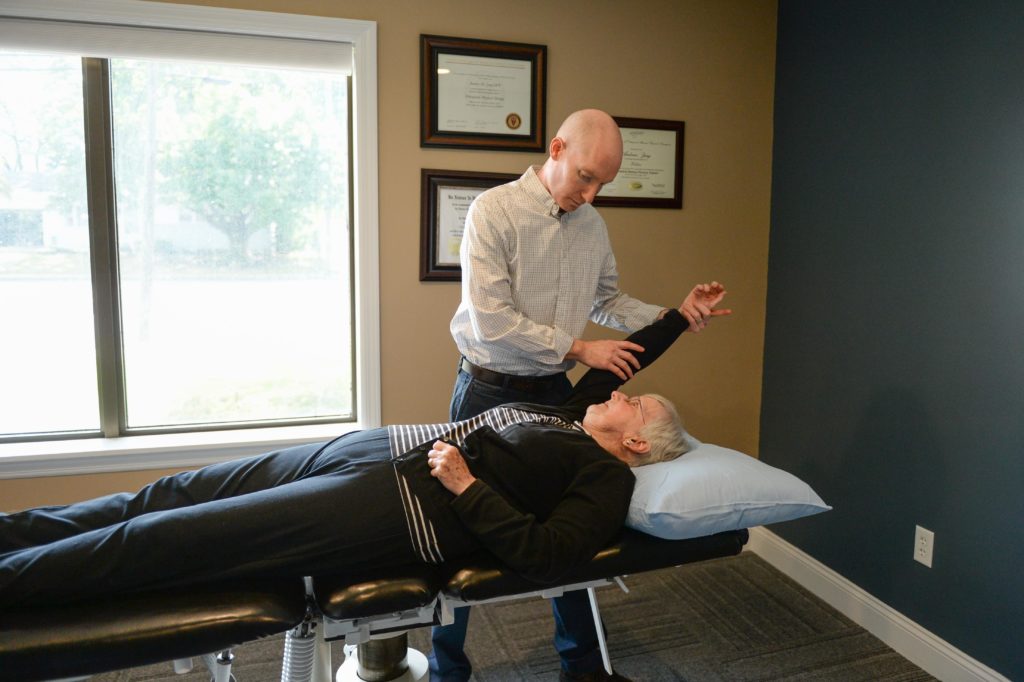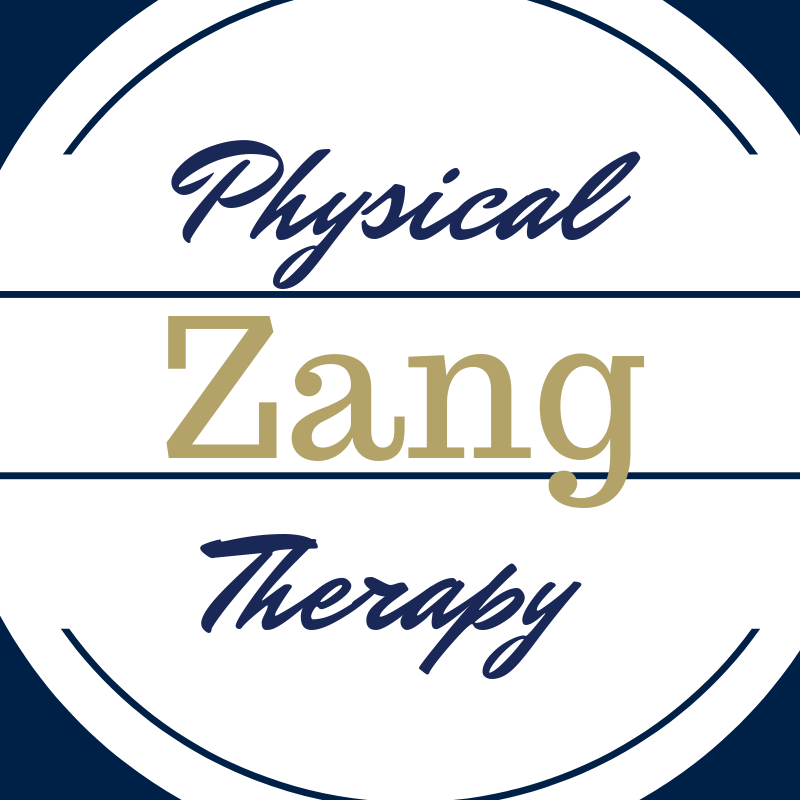Many people wonder, just what is a frozen shoulder. Well, a frozen shoulder is the less technical name for adhesive capsulitis. Put another way, it is a tightening up of the shoulder capsule which results in reduced motion and often pain.
There are 3 phases to a frozen shoulder.
- Freezing phase: In this phase a person begins to lose shoulder range of motion. When a person reaches the restricted range it may be associated with some amount of pain. They will also likely have pain trying to sleep on the affected shoulder. For some, the pain may be more constant. This stage can last for several months.
- Frozen phase: Here motion loss is maximal but often is not as painful as the prior stage. The loss of motion is likely to be rather disruptive to daily and recreational function. Again this stage can last months.
- Thawing phase: During this time a person’s range of motion slowly returns. Typically if will only be painful when pushing the end of range. The time frame here is often months as well.

This condition is often termed self-limiting, meaning if nothing is done eventually it will resolve. This process could take 1-2 years.
Most people are not that patient so their next question is what can be done?
Great question and there are some options, but all ultimately revolve around rehab. Working with a rehab provider to guide range of motion and exercise is the best solution. The primary goals are to control the pain, guide range of motion, and accelerate the timeline. The process will still take many months, but it can help get a person to the other side more quickly.
That said, care must be taken in the freezing phase to not push an angry shoulder too far…thus…For those with higher levels of pain an injection is sometimes performed. The goal is to reduce the pain so that rehab or therapy can better facilitate motion. Additionally, the program developed needs to be one that is tolerable for the person and productive for motion…so let pain be the guide.
If all else fails, some doctors will perform a manipulation of the shoulder. This is done in rare instances as no procedure is without some risk…and this procedure is no different.
Bottom line a frozen shoulder is a fickle shoulder condition that will eventually recover but therapy can speed the process while improving functional tolerance.
Have more questions? Click HERE to request to speak to a shoulder expert today.
